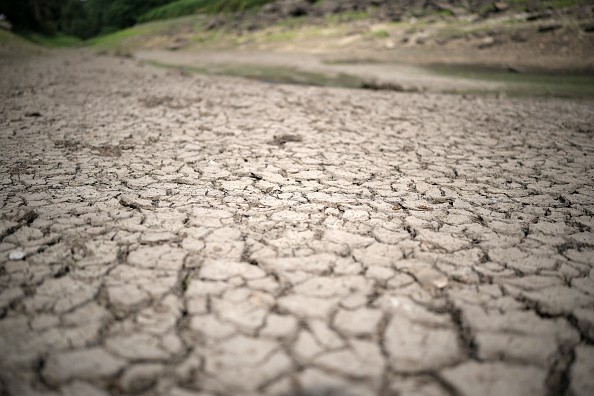The United Nations and Red Cross urged countries to implement aggressive environment-friendly steps to mitigate the deadly effects of extreme heat waves.
Human-caused activities have contributed to worsening climate change.
One of the effects of climate change is extreme heatwaves that affect communities, livelihoods, and animal kingdoms. Extreme heatwaves events are considered deadly weather-related impacts.
According to the United Nations (UN), heatwaves have killed many.
Records showed that the European heatwave in 2003 resulted in more than 70,000 deaths, while the Russian heatwaves in 2010 claimed over 55,000 lives.
The United Nations also said the most vulnerable are marginalized individuals and the poorest countries widely affected by climate change and extreme weather events, calling for immediate action to address the severe weather.
A coordinated response from developing countries and helping the poorest countries are essential to mitigate the impact of climate change.
Extreme heat waves

However, the United Nations and Red Cross reported that the effect of heatwaves could make regions within decades unsustainable to human life, noting that they predicted southwest Asia and parts of Africa to suffer from extreme weather events.
Based on the article, the report was released for the COP27 climate change summit in Egypt, which are from the UN's Office for the Coordination of Humanitarian Affairs (OCHA), and International Federation of Red Cross, Red Crescent Societies (IFRC).
The two organizations recognized the urgent need to act on mitigating heatwaves as records revealed that it would be catastrophic, making regions unhabitable.
IFRC secretary-general Jagan Chapagain explained that the data showed a bleak future, noting the importance of aggressive steps to prevent heat disasters.
The report raised concerns that extreme heat and humidity exposure could not survive, and societies could not deliver effective adaptations for excessive heat levels, noting that the heat waves would exceed the physiological and social limits within decades.
Furthermore, the impact could cause large-scale suffering and loss of life, explaining that the extreme heat moves like a silent killer.
On the other hand, UN humanitarian chief Martin Griffiths emphasized that most vulnerable people are hit worst by heatwaves and floods as the climate crisis becomes unchecked.
The report revealed that projected deaths from extreme heat would be higher than cancers and other infectious diseases.
The direct blow of extreme heat is the elderly, agricultural workers, farmers, and children.
Call to Action
The report projected that the extreme heat could be disastrous in the future. It would make communities unhabitable and claim many lives, especially the vulnerable sectors and countries.
The article noted that Chapagain urged countries attending the COP27 to help and invest in climate adaptation and mitigation.
Recognizing the impact of climate change on extreme weather events, the two organizations recommended steps to combat record-breaking intense heat waves.
The measures include thermally-appropriate emergency shelters, and cooling centers, providing information to people and authorities to develop decision solutions, and financing initiatives in local-level action.
The cost of air-conditioning for communities is costly, especially if their income is enough to meet their needs. The challenge comes to the local officials on how they employ environment-friend solutions.
Ultimately, developing countries must reduce carbon emissions that produce harmful greenhouse gases.
For more similar stories, don't forget to follow Nature World News.
© 2025 NatureWorldNews.com All rights reserved. Do not reproduce without permission.





